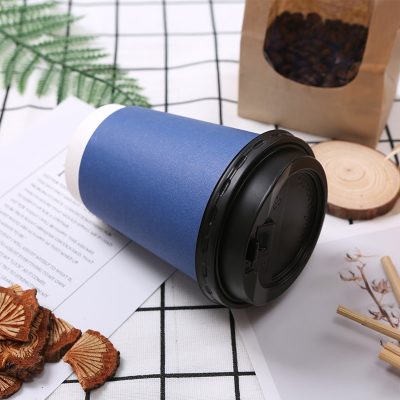Introduction: As sustainability becomes a focal point in the food and beverage industry, the demand for eco-friendly cups has grown significantly. Innovative technologies and materials are driving the evolution of sustainable cups, offering environmentally responsible alternatives to traditional single-use cups. In this blog, we explore the latest innovations in eco-friendly beverage containers and their potential impact on reducing plastic waste and promoting a greener future.
- Plant-Based Bioplastics Plant-based bioplastics, derived from renewable resources such as corn or sugarcane, have emerged as a popular sustainable cup material. These bioplastics are biodegradable and compostable, significantly reducing the environmental impact when disposed of properly. Their versatility and ability to mimic the properties of traditional plastics make them an attractive choice for eco-conscious consumers and businesses.
- Edible Cups Edible cups made from ingredients like rice, wheat, or seaweed are gaining attention as a fun and sustainable option. These cups serve as both a container and an edible treat, eliminating the need for waste disposal. Edible cups are particularly popular for serving beverages like coffee and tea, offering a unique and environmentally friendly drinking experience.
- Recycled Paper Cups Recycling initiatives are advancing in the paper cup industry, with a focus on incorporating recycled materials into cup production. Some companies are introducing paper cups made from a high percentage of post-consumer recycled content, reducing the demand for virgin paper and promoting a circular economy. These cups are often lined with compostable coatings, further enhancing their eco-friendliness.
- Reusable Cup Programs To encourage the use of reusable cups, businesses and coffee shops are introducing reusable cup programs. Customers can purchase reusable cups, often made from materials like stainless steel or glass, and receive discounts on their beverages when using the cup. These programs incentivize sustainable choices and contribute to waste reduction.
Conclusion: The evolution of sustainable cups showcases the industry’s commitment to reducing plastic waste and promoting environmentally responsible practices. From plant-based bioplastics and edible cups to recycled paper cups and reusable cup programs, innovative solutions offer eco-friendly alternatives to single-use cups. Embracing these advancements in sustainable cup technology empowers consumers and businesses to make conscious choices that contribute to a greener and more sustainable future.


















